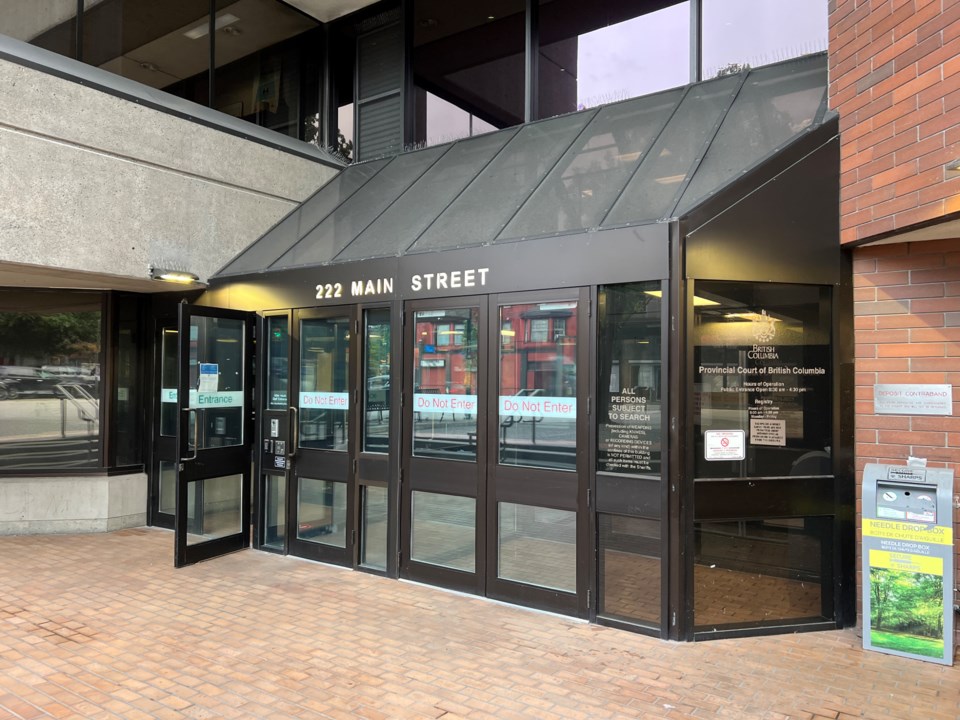A B.C. provincial court judge had harsh words for police officers investigating a Burnaby drug dealer four years ago.
Winston Man-Jon Cheung, 31, is currently awaiting sentencing after pleading guilty to one count of drug trafficking last month.
He was originally charged with four counts of trafficking fentanyl and heroin and three more counts of possessing fentanyl, heroin and cocaine for the purpose of trafficking – all in 2018.
Police searched Cheung's basement suite on Sept. 28, 2018 and found 52 individually wrapped packages of heroin, fentanyl and caffeine, $9,325 in Canadian cash, $10 in foreign currency, suspected scoresheets, identification, a broken cell phone and two laptop computers.
From his person, officers seized an iPhone, 21 packages of heroin, fentanyl and caffeine, four packages of cocaine and a flip phone.
In December, however, a B.C. provincial court judge ruled that that evidence was inadmissible because of police Charter violations.
Investigators had applied for a search warrant for the entire house where Cheung lived instead of just for his basement suite.
The officer involved told the court he didn't know if the house was actually suite-ed, but Judge Ellen Gordon didn't buy that explanation.
"A search of the Burnaby property tax information would likely have indicated so," she said in a December ruling on the issue. "What makes his failure to search even worse is that, if a phone call had not sufficed, Burnaby City Hall and the Burnaby RCMP are housed in the same complex. It would have been the briefest of walks to conduct an in-person search."
Gordon called the oversight "inexplicable."
"Having conducted a months-long investigation, having surveilled Mr. Cheung over that period of time, having determined that he most likely resided in a separate suite in a residence, it defies all logic that the (police) could not be bothered to determine if that was the case," she said. "The failure to do so left a significant potential for the residences of non-involved parties to be violated."
After the search, the officer in charge of the seized items also failed to report the seizures to a justice as required and then failed to apply to the Supreme Court of British Columbia for authorization to keep the items, including Cheung’s phones and laptops, for more than one year.
Gordon quashed the search warrant and ruled the police entry into Cheung's suite had been "warrantless" making the evidence seized inadmissible.
"Admission of the evidence when there has been a complete nonchalance toward and therefore disregard of such significant privacy interests cannot be condoned," Gordon said. "Doing so would only tell people that courts will not remedy violations of their privacy."
Cheung's next court date is schedule for April 29 for sentencing.
Follow Cornelia Naylor on X/Twitter @CorNaylor
Email [email protected]




